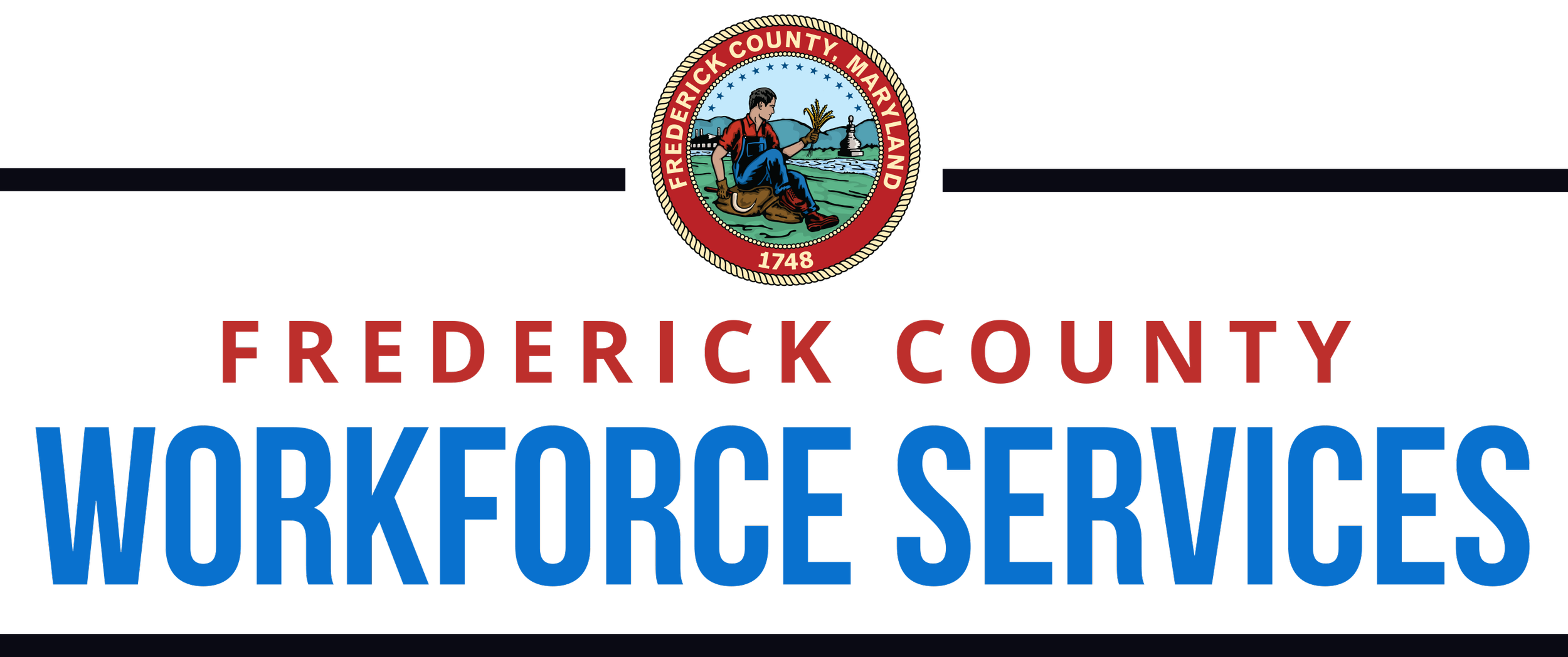Digital Literacy: Positioning Your Organization For Future Success
By Micha Hagans
What is digital literacy, and why is it vital for your business?
Digital literacy refers to a person's ability to use technology to find, evaluate, organize, create, and communicate information. A combination of soft and hard technology skills makes up a person's digital literacy level. In today's workforce landscape, you would be hard-pressed to find a job or industry that doesn't rely on technology to be more productive and efficient. From the use of electronic timesheets to inventory on an iPad, the digital age is here and will only grow in the years to come. Your business, large or small, needs employees that are digitally literate to thrive.
Communicating the value of digital literacy at your business begins at the recruitment stage. Make sure your job descriptions include the digital skills required to effectively do the job, whether they are entry-level or technical. During screening and interviews, ask situational questions about the technology for the job. Determine how you will rate a candidate's digital skill level. Technology continues to evolve, so it's not only about what your candidate knows now but what they are willing to learn in the future.
How to Develop a Talent Pipeline for Your Digital Transformation
"A stronger candidate, therefore, may be someone curious, adaptable, and quick to learn." - Jeff Kavanaugh and Ravi Kumar, Harvard Business Review
Different tools can be used to determine the level of digital literacy in the workplace. Accessing potential candidates is essential, but having an accurate snapshot of your current employee's digital skills level is also necessary. A formal assessment or a simple survey of questions can help you establish a baseline. Knowing where your employees' digital skills are adept and where there needs to be growth will help determine training needs.
Tip: Use the guided questions in the Digital Literacy Framework for Adult Learners to create a digital literacy survey for your employees.
Digital literacy training is a beneficial professional development. Providing training on digital skills can increase the productivity and collaboration of your employees, as well as customer relations. Saving money is another added benefit. Turnover is costly for a business, and creating career pathways for growth is critical in keeping talent. According to the digital skills gap research conducted for Capital One, "Digital skills provide a career pathway into middle and high-skill jobs, allowing employees more opportunity to build their career path towards their goal position and salary."
Free training resources to get started:
Identifying digital literacy as a key part of your business' ability to adapt and stay relevant is a start. To move your employees form living a digital lifestyle to being digital literate in the workplace will require ongoing communication, assessment, and training. Supporting your employees' digital skills will build their confidence and benefit your business' bottom line!
Additional Resources:
https://www.burning-glass.com/research-project/digital-skills-gap/
https://blog.hubspot.com/service/free-survey-maker-software
https://www.dllr.state.md.us/gedmd/digitalliteracyframework.pdf
https://hbr.org/2019/11/how-to-develop-a-talent-pipeline-for-your-digital-transformation


